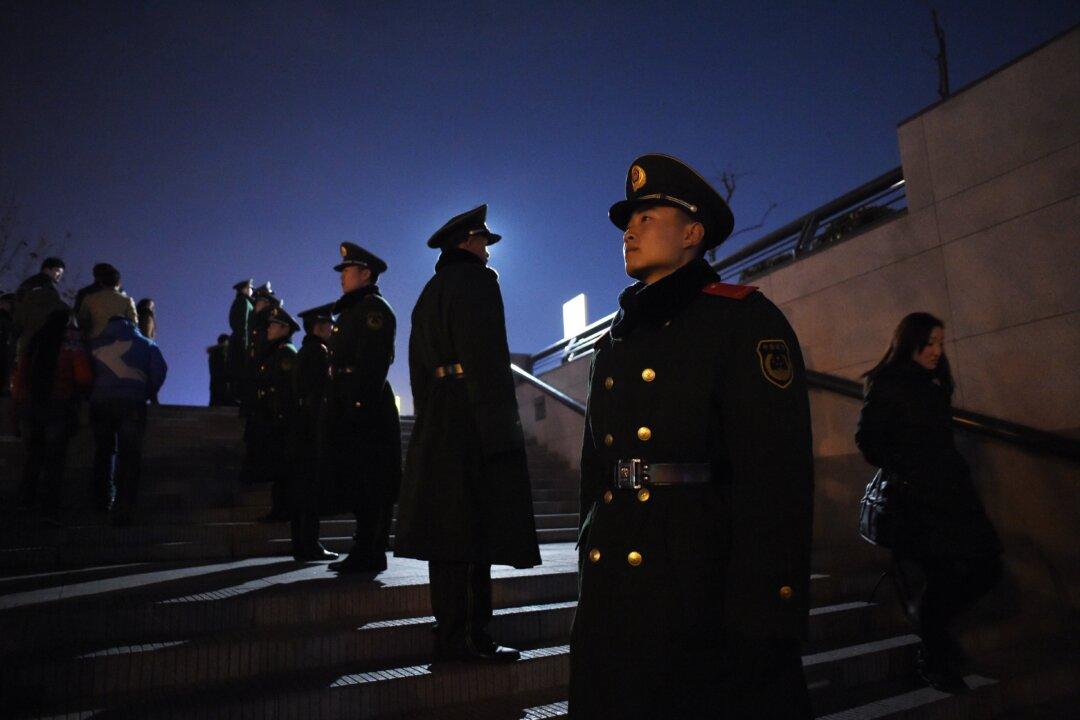For one family living in southern China’s Guizhou Province, Jan. 28 was something straight out of a nightmare.
A Shanghai newspaper reported that at 1 a.m. of the 28th, 18-year-old Huang Miaoshi was stabbed and mortally wounded by a group of men outside a bar in Wangmo County. Local police then whisked his dying body away to the mountains where they conducted a “secret autopsy.” After a day’s search, Huang’s family retrieved the body of their son.
Huang’s parents believe the “autopsy” was a pretense to harvest their son’s organs.
Huang’s father, Huang Zechao, suspects that the police, linked to the “chaotic organ transplant industry” in China, pilfered his son’s organs, as reported by Shanghai media The Paper.




